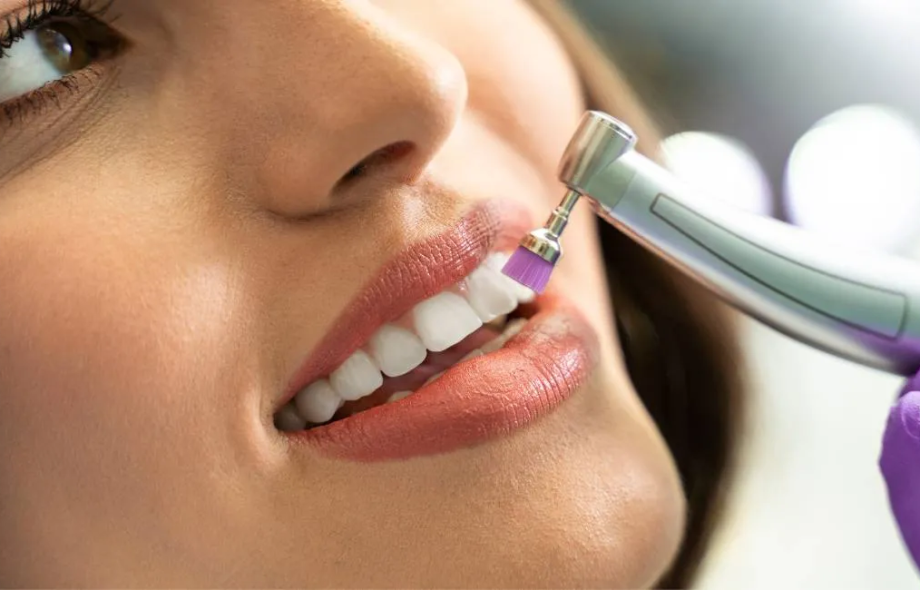Many smokers ask, how effective is teeth polishing for smokers? Teeth polishing is a dental procedure aimed at removing surface stains and plaque buildup to improve the appearance and health of teeth. For smokers, who often struggle with stubborn stains caused by tobacco use, Teeth Polishing & Scaling Treatment can offer visible improvements. However, its effectiveness depends on several factors including smoking habits, oral hygiene, and frequency of dental care.
How Smoking Affects Teeth and Oral Health?
Smoking causes significant changes to teeth and gums, which influence how effective polishing can be:
Tobacco tar and nicotine stain tooth enamel, causing yellow or brown discoloration
Smoking reduces saliva flow, which naturally cleanses the mouth
It promotes plaque and tartar buildup that is harder to remove
Smoking weakens gum tissues and increases risk of gum disease
It causes bad breath and can slow healing after dental procedures
These factors make dental care, including polishing, especially important yet more challenging for smokers.
What Teeth Polishing Can and Cannot Do for Smokers?
Teeth polishing effectively addresses some cosmetic and hygiene issues caused by smoking:
Removes surface stains caused by tobacco and other pigments
Smooths the enamel surface to prevent plaque accumulation
Refreshes breath by eliminating bacteria and debris on tooth surfaces
Enhances the brightness of teeth for a cleaner look
However, polishing cannot:
Remove deep, intrinsic stains embedded inside the tooth enamel
Reverse damage to gums or underlying dental structures
Permanently prevent new stains if smoking continues
Replace professional whitening treatments that target deeper discoloration
Understanding these limits helps smokers set realistic expectations.
How Often Should Smokers Get Teeth Polished?
Because smokers are prone to faster stain buildup, dental professionals typically recommend more frequent polishing:
Every 3 to 4 months for smokers with moderate to heavy tobacco use
Regular dental checkups to monitor oral health and catch problems early
Combining polishing with scaling to remove tartar and prevent gum disease
Personalized advice from your dentist based on your smoking habits and oral condition
Frequent dental visits maximize the benefits of polishing and maintain oral health.
Tips to Enhance Teeth Polishing Results for Smokers:
Smokers can improve the effectiveness of polishing by adopting good oral care practices:
Quit or reduce smoking to prevent new stains and oral health issues
Brush teeth twice daily with fluoride toothpaste and floss regularly
Use mouthwash designed for smokers or antibacterial rinses
Avoid staining foods and beverages like coffee and red wine immediately after polishing
Maintain a healthy diet rich in fruits and vegetables to support gum health
These habits complement polishing and prolong its effects.
When to Consider Additional Treatments Beyond Polishing?
For smokers with stubborn stains or oral health problems, additional dental treatments may be necessary:
Professional teeth whitening to tackle deeper discoloration
Scaling and root planing for gum disease treatment
Dental restorations like veneers or bonding for severely damaged teeth
Smoking cessation programs to improve overall oral and systemic health
Consult your dentist to explore the best comprehensive care plan tailored for your needs.
 :
https://www.dentalclinicdubai.ae/
:
https://www.dentalclinicdubai.ae/

